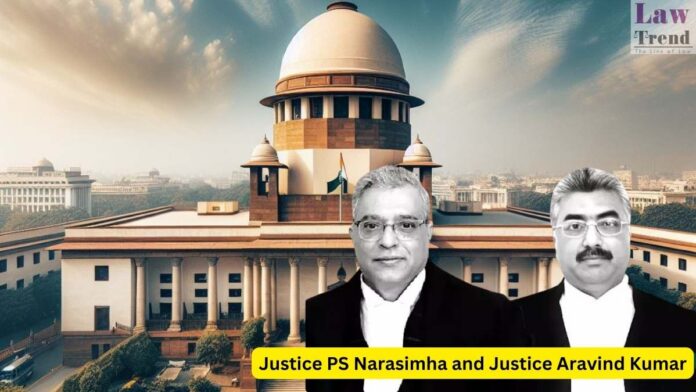The Supreme Court of India recently delivered a significant judgment in the case of Yash Developers v. Harihar Krupa Co-operative Housing Society Limited & Ors., Civil Appeal No. 8127 of 2024, arising out of SLP (C) No. 20844 of 2022. The case revolved around the prolonged delay in the execution of a slum rehabilitation project
To Read More Please Subscribe to VIP Membership for Unlimited Access to All the Articles, Download Available Copies of Judgments/Order, Acess to Central/State Bare Acts, Advertisement Free Content, Access to More than 4000 Legal Drafts( Readymade Editable Formats of Suits, Petitions, Writs, Legal Notices, Divorce Petitions, 138 Notices, Bail Applications etc.) in Hindi and English.




